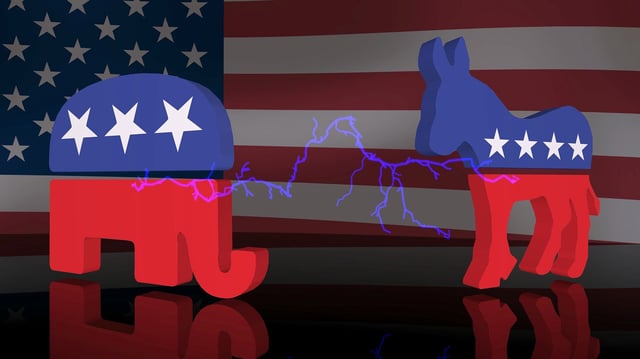Overview
- A meta-analysis of 25 studies covering 77 individual-level interventions found average increases in warmth toward the opposing party of about 5.3–5.4 points on a 101-point scale.
- Follow-up measurements indicated roughly 75% of the initial improvement faded within one week, with nearly all effects gone by two weeks.
- Two large U.S. experiments testing stacked interventions and timed booster exposures did not produce larger or more durable reductions in partisan animosity.
- The measured gains were smaller than broader shifts in polarization, including an estimated 7% rise in partisan animosity between the 2016 and 2020 U.S. elections.
- The authors conclude lasting depolarization will likely require systemic changes to political and media incentives alongside long-term investment in scalable dialogue and civic education.

